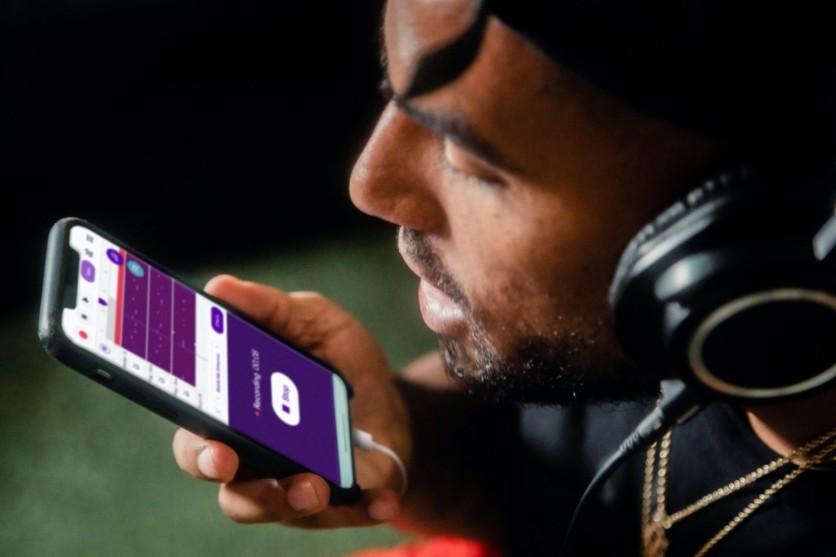Your voice can be a hint if you have a disease, according to the latest report. Recently, researchers developed an AI app that can detect if someone has an illness based on their speech.
The experts from the National Institutes of Health are spearheading an artificial intelligence project that can diagnose an ailment using the parameters of a human voice.
AI Detects Disease By Listening to Voice

According to a report by NPR.org, Dr. Yael Bensoussan, the study's main author, said that when a person speaks, the breathing pattern and even the vocal cord vibrations can say a lot about his/her health condition.
"We asked experts: Well if you close your eyes when a patient comes in, just by listening to their voice, can you have an idea of the diagnosis they have? And that's where we got all our information," Bensoussan, who also works as the director of the University of South Florida's Health Voice Center, added.
For instance, slurred speech can mean someone has stroke symptoms. If a person speaks slow and low, then he/she might have Parkinson's disease.
The researchers consider the following specializations in their study. These include pediatric disorders, mood disorders, neurological disorders, respiratory disorders, and of course, voice-related disorders.
So far, the project has been a huge success following $100 million in funding from the government. The team aims to create an effective AI-powered tool to detect diseases quickly.
According to Bensoussan, the team lacks open-source databases. Moreover, he highlighted the need to set up infrastructures for health databases since this would allow them to use the various data from the subjects.
Related Article: Diagnostic Robotics: Using AI to Detect Medical Problems, Tech Trained on 65M Health Records
How this AI App Works
Per WPR, the researchers aim to connect to "underserved" communities who have a hard time seeking help from healthcare professionals.
The team wants to hasten up the help by referring the patients to the best specialists in the city.
If Amazon's Alexa can instruct you to turn off your lights at home, then this voice AI app can inform you immediately if you require medical attention.
Regarding how the study went in, the researchers started collecting the patient's data and stored them inside a database. They would continue to gather the information for the next four years.
The researchers hoped that they could collect roughly 30,000 voices based on biomarkers such as genetic and clinical data.
Bensoussan says that there's a gray area in voice sharing. He wondered if it would be allowed to be commercialized in the future.
It's noteworthy that each institution has its own set of rules regarding data distribution. Some have issues with privacy, and it will depend on bioethicists as to what data they can study.
To listen to the audio files of patients with the disease, visit Perceptual Voice Qualities Database (PVQD) for more information.
In the meantime, you can watch SpeechVive's video about a patient who has Parkinson's disease. The video will show how a person with the said condition sounds when speaking. You can view the clip below.
Read Also: Caltech Scientists Develop New Ultrafast Camera That Can Capture Signals in the Nerve Cells
This article is owned by Tech Times
Written by Joseph Henry




